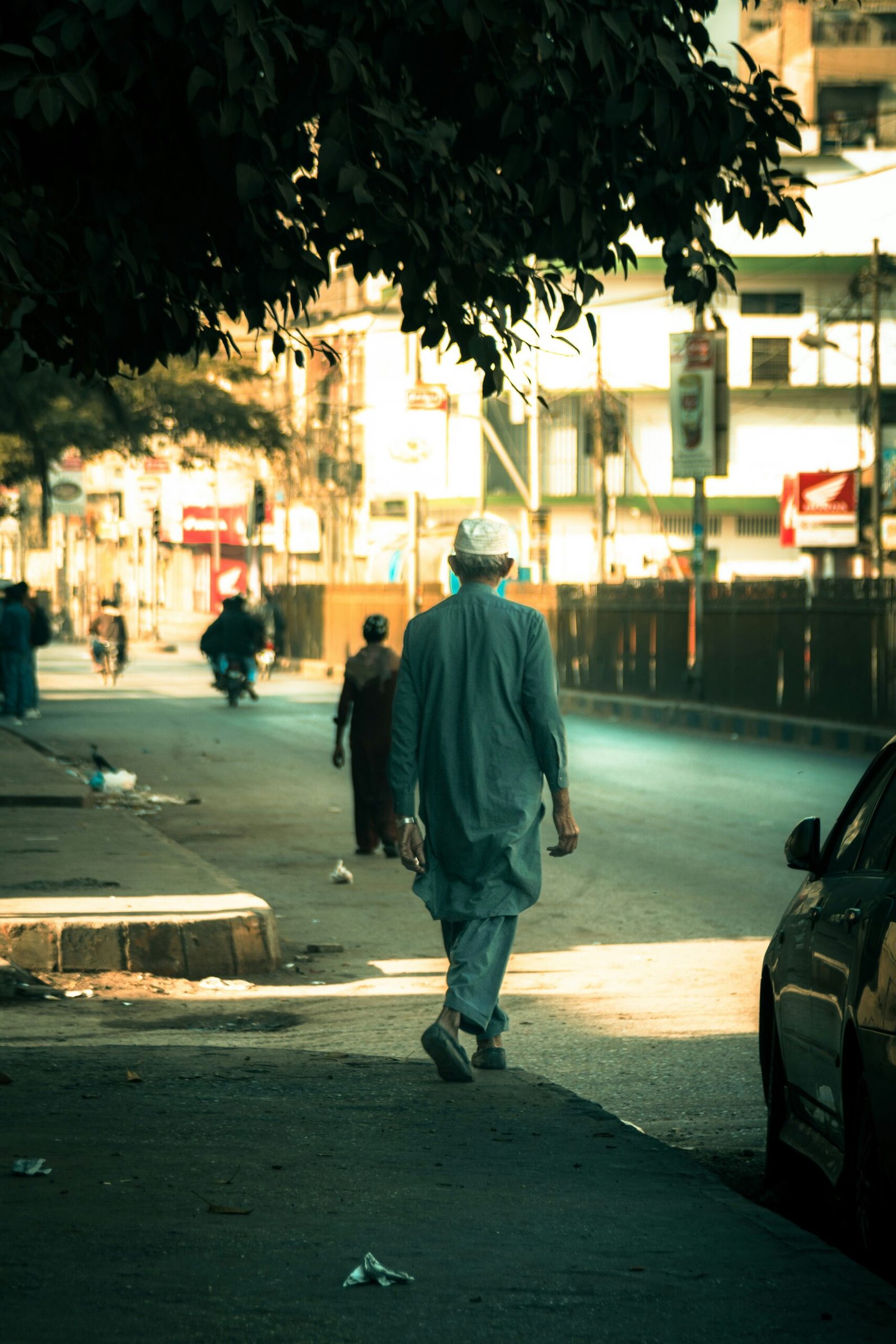Current Political Landscape in Pakistan
Pakistan’s political environment is characterized by a complex interplay of various elements, including political parties, the military, the judiciary, and the media. The ruling party, Pakistan Tehreek-e-Insaf (PTI), led by Prime Minister Imran Khan, has been at the forefront since winning the general elections in 2018. PTI’s governance focuses on economic reforms, anti-corruption measures, and social welfare initiatives. However, the party has faced significant challenges, including economic instability and criticism over its handling of the COVID-19 pandemic.
The major opposition parties include the Pakistan Muslim League-Nawaz (PML-N) and the Pakistan Peoples Party (PPP). PML-N, led by Shehbaz Sharif, has been vocal against PTI’s policies, criticizing the government’s economic management and alleged failures in governance. PPP, under the leadership of Bilawal Bhutto Zardari, also remains a significant political force, particularly in Sindh province. These parties form the core of the Pakistan Democratic Movement (PDM), an alliance aimed at challenging PTI’s rule.
Recent political developments have further shaped the landscape. The 2018 general elections were marked by allegations of rigging, leading to widespread protests. More recently, the 2021 Senate elections saw PTI securing a majority, albeit amid accusations of vote-buying and irregularities. Additionally, policy changes such as the introduction of the Ehsaas Program for poverty alleviation and reforms in the tax system reflect the government’s attempts at addressing socio-economic issues.
Public sentiment towards the PTI government is mixed. While supporters praise Imran Khan’s vision for a “Naya Pakistan,” critics argue that the government has failed to deliver on its promises. Economic challenges, such as inflation and unemployment, contribute to public discontent. Moreover, recent controversies, including the sugar and wheat crises, have further dented the government’s credibility.
The role of the military in Pakistan’s politics cannot be overstated. Historically, the military has been a powerful player, with significant influence over foreign policy and national security. While the current government maintains a seemingly cooperative relationship with the military, concerns about the military’s involvement in political affairs persist.
The judiciary has also played a crucial role, particularly in high-profile corruption cases and constitutional matters. The judiciary’s decisions often impact the political landscape, as seen in the disqualification of former Prime Minister Nawaz Sharif.
The media landscape in Pakistan is diverse, with a mix of state-owned and private outlets. Media plays a critical role in shaping public opinion and holding the government accountable. However, press freedom is a contentious issue, with reports of censorship and harassment of journalists. These factors collectively contribute to the intricate and dynamic political climate in Pakistan.
Future Prospects and Potential Scenarios
The political landscape of Pakistan stands at a critical juncture as the country looks ahead to its upcoming elections. The election will play a pivotal role in shaping the future trajectory of Pakistan’s governance and socio-economic development. Prominent candidates from major political parties are expected to contest, with their platforms focusing on various reforms and policy shifts. The anticipated impact of these elections will hinge largely on the ability of the elected government to implement effective and sustainable reforms.
Several potential reforms are on the horizon, ranging from economic revitalization to anti-corruption measures. Economic policies will likely focus on addressing inflation, enhancing trade, and attracting foreign investment. These efforts aim to stabilize the economy and create job opportunities, thereby improving the overall socio-economic status of the country. Anti-corruption initiatives will be crucial in fostering transparency and accountability within the government, which are essential for political stability and public trust.
Pakistan’s future political environment will also be influenced by its international relations. Diplomatic ties with neighboring countries, particularly India and Afghanistan, as well as relationships with key global players like the United States and China, will shape regional stability and economic opportunities. International economic pressures, such as those from the International Monetary Fund (IMF) or World Bank, could also dictate certain policy directions, impacting domestic economic strategies.
The country faces several challenges, including pervasive corruption, economic instability, and social justice issues. However, these challenges also present opportunities for reform. Addressing corruption can lead to more efficient governance, while economic development initiatives can reduce poverty and enhance the quality of life for citizens. Social justice reforms, focusing on education, healthcare, and equal opportunities, are crucial for fostering an inclusive society.
In navigating these complex dynamics, Pakistan must aim for political stability and growth. This involves not only effective governance and policy implementation but also fostering a political culture of inclusivity and accountability. The long-term future of Pakistan hinges on its ability to adapt to both internal challenges and external pressures, ensuring a stable and prosperous political environment.
